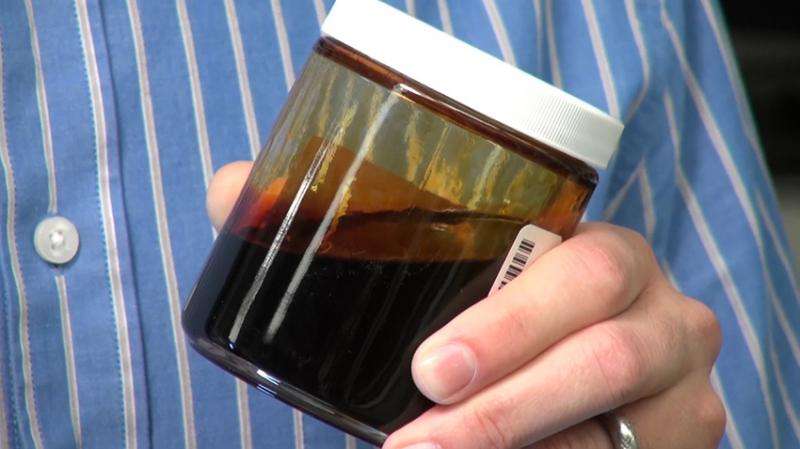Water gunks up biofuels production from bio-oils

Creating transportation fuels from wood chips, grasses, or other types of biomass remains a significant scientific challenge. One troubling step in the process of turning biomass-derived oils into transportation fuels requires the use of catalysts to remove various oxygen-containing compounds, increasing the energy density and stability of the bio-oils, an alternate "crude oil." Catalysts are materials that drive reactions but are not consumed by them. Scientists discovered that removing the oxygen and water forms an impurity that decelerates and significantly disrupts the process.
Project findings showed that water affects the reactivity of the catalyst, as well as alcohols and certain acids. While interactions with water are unavoidable, the new information is useful for understanding how to better extend the lifetime of catalysts in the liquid systems needed to process bio-oils.
Various catalysts can be used in the hydrodeoxygenation process, which removes oxygen-containing compounds or oxygenates, but the best catalysts require water. A team of scientists from the Technical University of Munich and Pacific Northwest National Laboratory studied the interactions of specific catalysts with phenol (the simplest type of oxygenate) in the presence of water. Using ab initio molecular dynamics calculations performed on supercomputers at the Environmental Molecular Sciences Laboratory and at the National Energy Research Scientific Computing Center, the research team discovered that water forms an impurity that slows down and significantly disrupts the reactivity of catalysts, alcohols, and acids.
More information: Yeohoon Yoon et al. First-Principles Study of Phenol Hydrogenation on Pt and Ni Catalysts in Aqueous Phase, Journal of the American Chemical Society (2014).
Journal information: Journal of the American Chemical Society
Provided by US Department of Energy




















